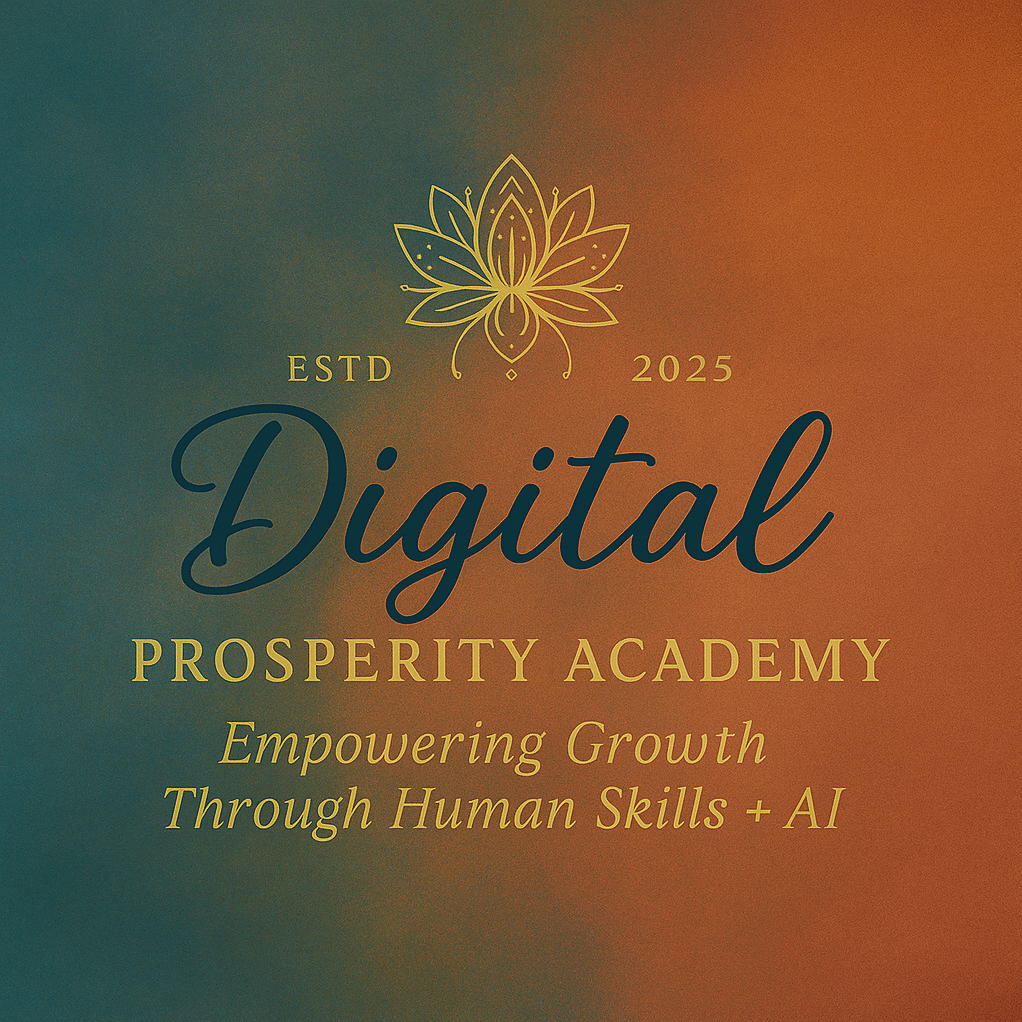HR leaders are increasingly emphasizing soft skills in their hiring process. Companies are looking for employees who can do more than just complete tasks; they want team members who communicate clearly, adapt to change, and work well together under pressure. In this article, I break down the five soft skills that are most in demand right now and offer strategies on how to hone these abilities. Whether you’re a recent graduate starting out, an intern, or someone switching careers, understanding these qualities could really boost your attractiveness in the job market.

Key Soft Skills That HR Leaders Value
Recruiters and HR professionals are moving away from a focus solely on technical expertise. Instead, they are increasingly favoring candidates who have strong interpersonal abilities and keen emotional intelligence. Drawing from recent job postings and professional insights, here are the five soft skills that many HR leaders consider very important:
- Empathy: The ability to understand and share the feelings of others is a prized quality. In diverse and fast-paced work settings, showing genuine concern for colleagues and clients builds trust and contributes to a supportive environment.
- Effective Communication: Clearly articulating ideas, listening actively, and engaging in meaningful conversations are crucial. HR leaders seek candidates who can bridge gaps in team settings as well as in client interactions.
- Adaptability: The capacity to manage stress, cope with change, and adjust priorities quickly is essential in today’s evolving work culture. Employers value those who can remain productive even when unexpected shifts occur.
- Collaboration: Teamwork means more than just working near others; it involves resolving conflicts and building consensus. This skill is fundamental for creating a harmonious and constructive workplace where different perspectives come together.
- Problem-Solving: Approaching challenges with a positive and resourceful mindset is key. HR leaders appreciate candidates who can analyze issues and come up with innovative solutions without needing constant guidance.
These soft skills appear frequently in modern job descriptions. While technical abilities can often be taught on the job, personal traits like communication and adaptability usually develop over time through experience and practice.
Building a Foundation for Soft Skills
Before you jump into tailoring your resume or prepping for interviews, it’s important to understand why these qualities matter so much. Soft skills serve as the foundation for workplace success; they impact how you interact with colleagues, respond to changes, and resolve conflicts. HR professionals focus on building teams that not only know their technical roles but also excel in working together and communicating effectively.
For example, imagine a project team facing sudden deadline changes. A team member who demonstrates strong adaptability can quickly rearrange priorities without causing disruption. Similarly, when conflict arises, an employee who shows empathy can ease tension and help steer discussions toward mutually beneficial solutions.
The rise in remote work further underscores the need for clear communication. Without in-person interactions, conveying ideas effectively in emails or virtual meetings becomes even more important. HR leaders are on the lookout for candidates who can maintain a sense of team spirit and clear understanding even when working from different locations.
How You Can Develop These Soft Skills
If you’re looking to improve in these areas, there are several practical steps you can take. Soft skills are not always taught in a classroom, but with mindful practice and proactive learning, you can gradually build these traits. Below are some actionable steps to help you develop these in-demand skills:
- Engage in Active Listening: Focus fully on what others are saying without planning your response as they speak. This practice not only deepens your understanding of different viewpoints but also builds empathy.
- Collaborate on Group Projects: Whether you’re participating in volunteer work or contributing to team assignments at work or school, putting yourself in group settings is invaluable in developing teamwork and conflict resolution skills.
- Practice Clear Communication: Work on expressing your ideas in a concise and understandable way. This might involve rehearsing your points before meetings or drafting emails and revising them for clarity.
- Embrace Change: Step out of your comfort zone by taking on new tasks or experimenting with different approaches to familiar routines. Reflecting on what works best and being receptive to feedback can help you adjust faster when things change unexpectedly.
- Tackle Problem-Solving Challenges: Engage in activities that require creative solutions, such as strategy games or even analyzing business case studies. Regularly challenging yourself with new problems can sharpen your ability to think on your feet.
Combining deliberate practice with real-world experiences will help you build a solid foundation of soft skills. Although you might not see changes overnight, consistently working on these strategies will gradually boost your ability to manage workplace challenges.
Navigating Challenges in Soft Skill Development
Developing soft skills does come with its challenges, especially for those who are naturally more introverted or still learning how to interact professionally. Being aware of these hurdles is the first step toward overcoming them.
- Self-Assessment: It can be difficult to evaluate your own abilities objectively. Regular feedback from mentors or trusted colleagues can help you spot areas that need improvement.
- Comfort Zone Limitations: Sticking to what feels familiar might limit your growth. Trying out new environments, whether through public speaking or taking on leadership roles, can help you break out of your routine.
- Emotional Management: Skills such as empathy and collaboration depend on balanced emotional intelligence. If stress or anxiety is an obstacle, exploring techniques like mindfulness or scheduled breaks may help ease the pressure.
- Miscommunications: Even with strong communication skills, misunderstandings can arise, particularly in fast-paced or remote settings. Taking the time to clarify points and confirm understanding can prevent issues from escalating into conflicts.
By addressing these challenges head-on and seeking constructive feedback, you can effectively refine your soft skills. Remember that progress is gradual and that setbacks are a natural part of the learning process. Over time, even small improvements can lead to more resilient teamwork and improved professional interactions.
Wrapping Up on the Value of Soft Skills
The demand for soft skills in today’s workforce is only set to grow. HR leaders value the ability to communicate effectively, collaborate seamlessly, solve problems resourcefully, adapt quickly, and demonstrate genuine empathy. These traits are not merely add-ons; they are the elements that truly hold a team together and drive success, especially in rapidly changing environments.
By focusing on developing these soft skills, you not only prepare yourself for success but also contribute to a more positive and efficient workplace culture. Whether you’re at the beginning of your career or looking to switch roles, investing in these skills will help you connect better with colleagues, manage stress more effectively, and stand out as a well-rounded candidate.
In today’s competitive job market, technical know-how is important, but employers are increasingly looking for individuals who can bring energy, empathy, and clarity to every interaction. Remember that building these skills takes time and effort, yet the payoff—in increased job satisfaction, a more harmonious workplace, and robust career growth—is well worth it.
Ultimately, the ability to work well with others, communicate clearly, and adapt to new challenges is what makes a candidate truly valuable. Focus on these areas, seek feedback, and keep pushing yourself to improve. The investment you make in developing soft skills is an investment in your long-term professional success.
